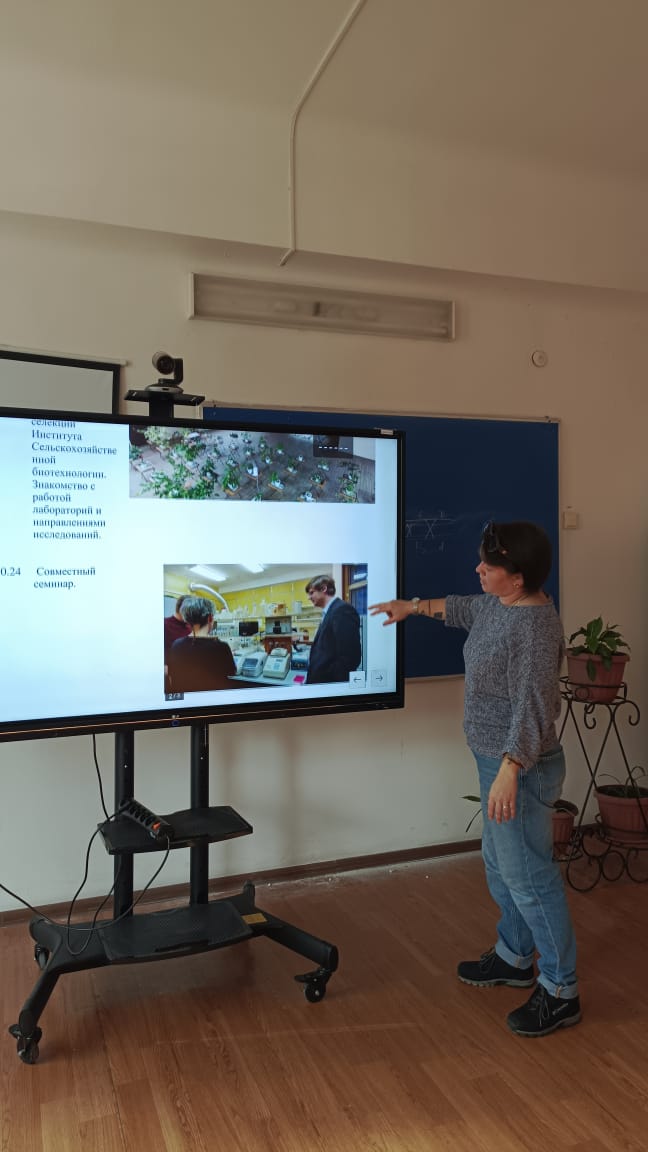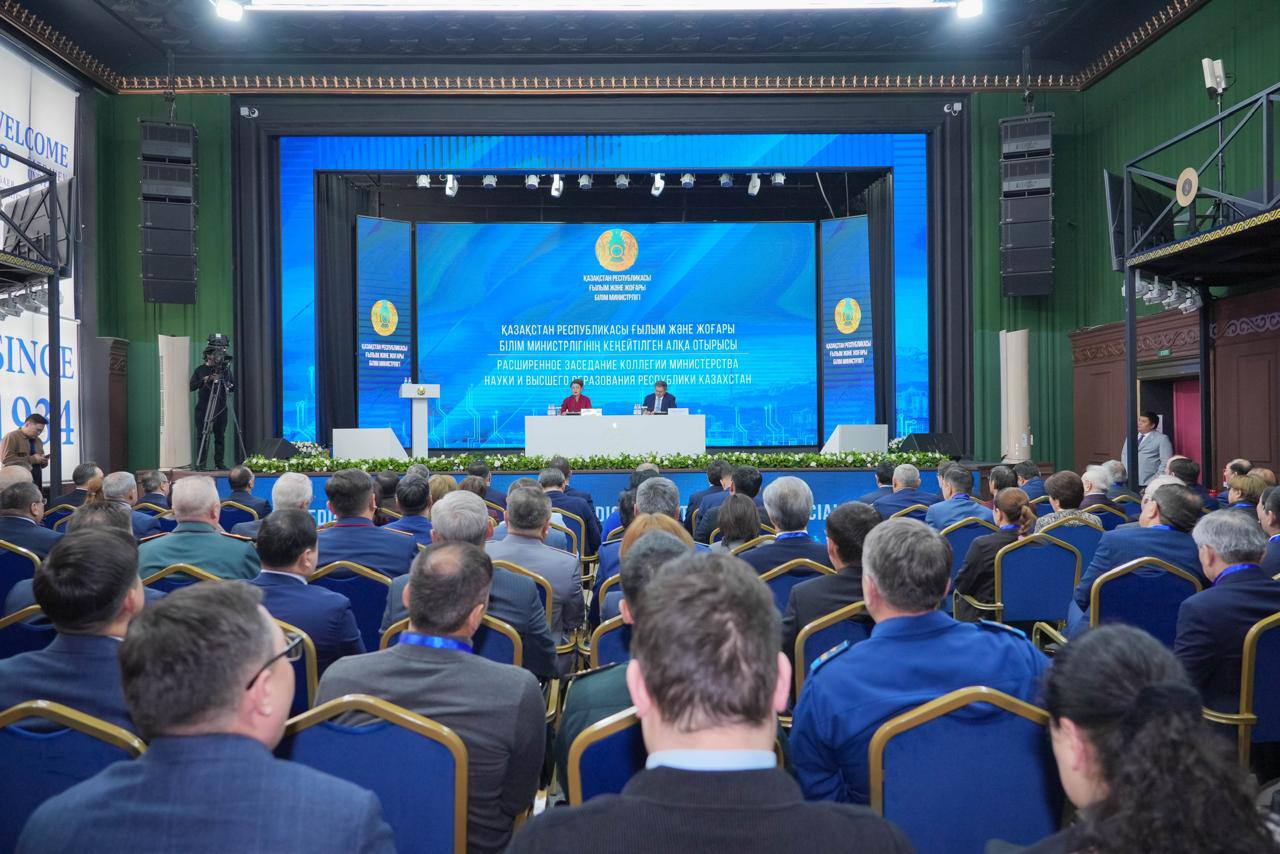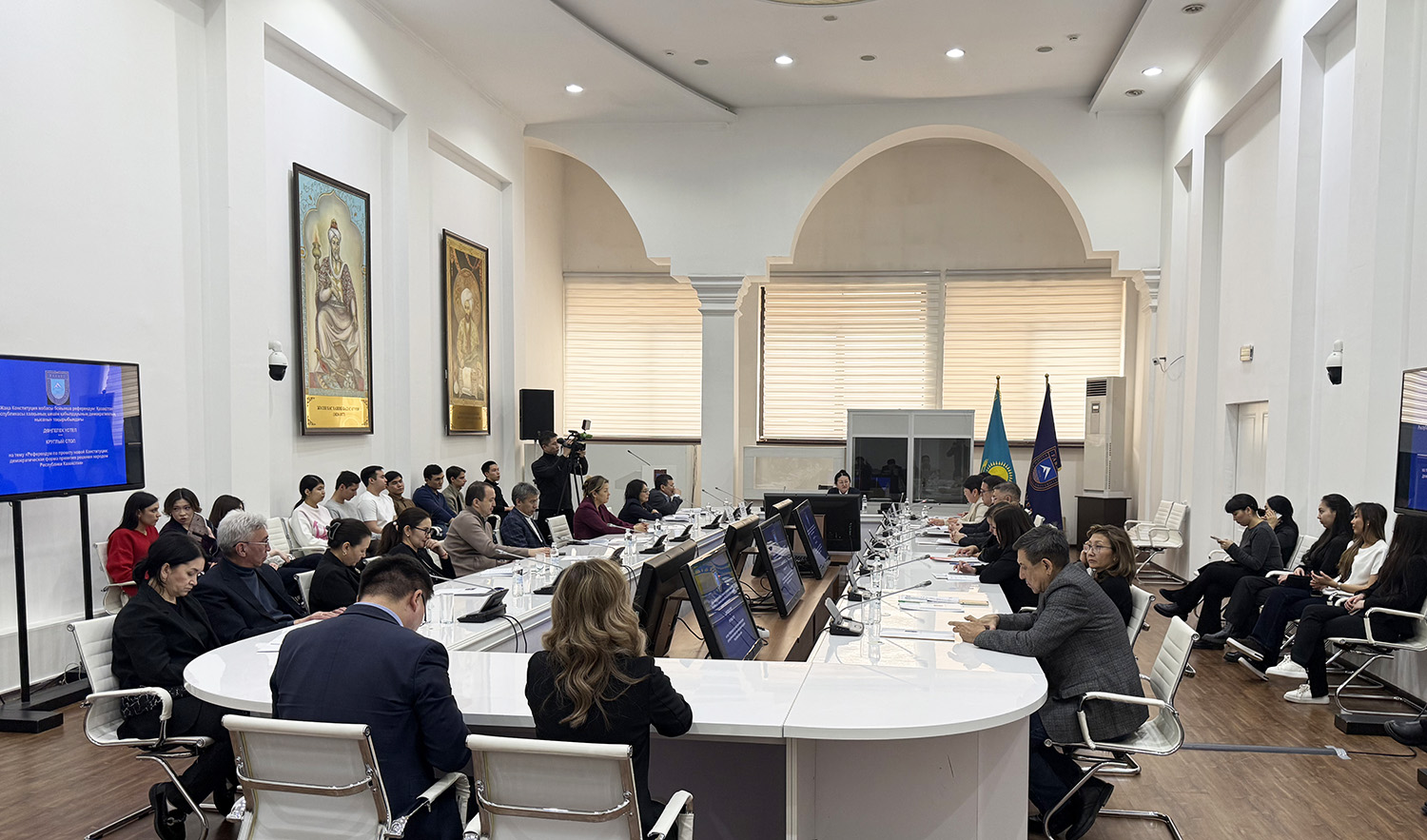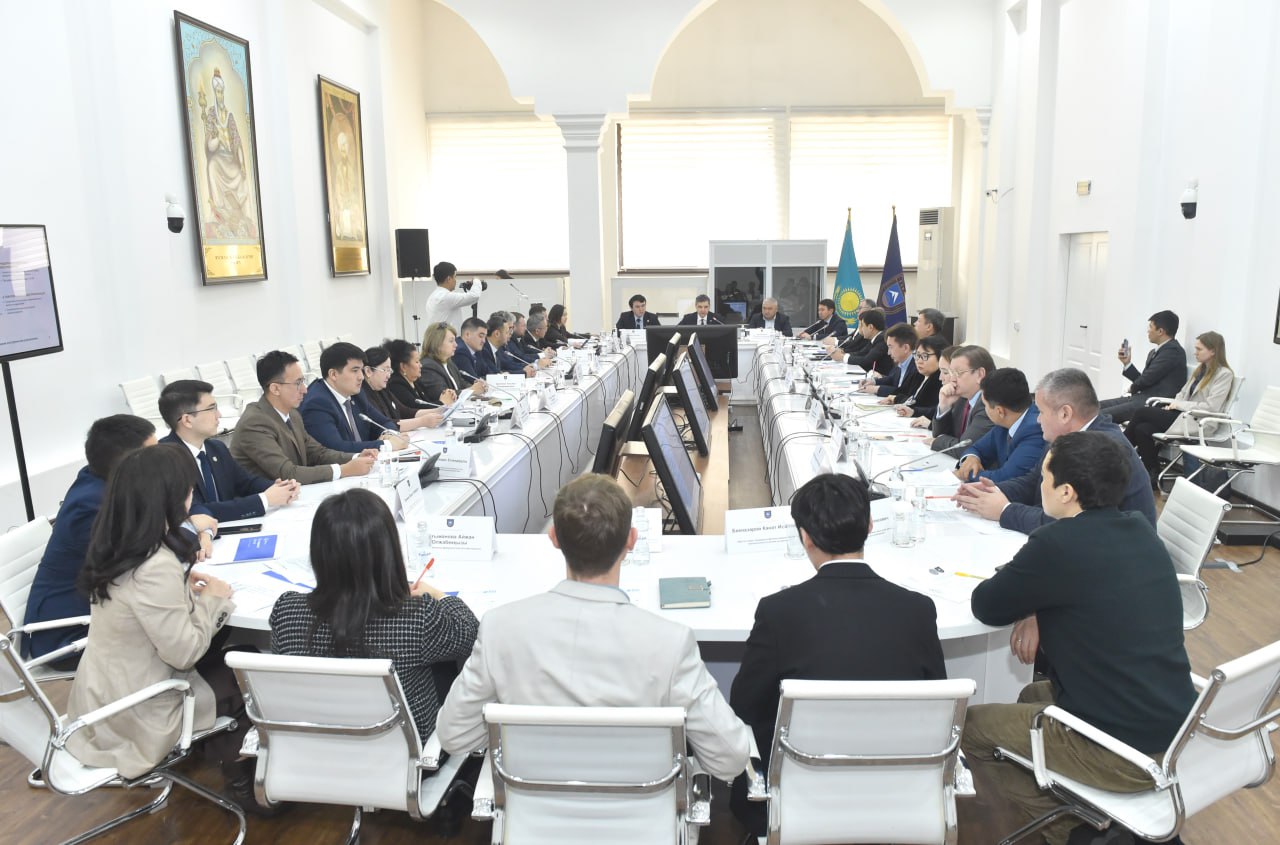Mentorship Program for young faculty and students (SDG 4, SDG 5)
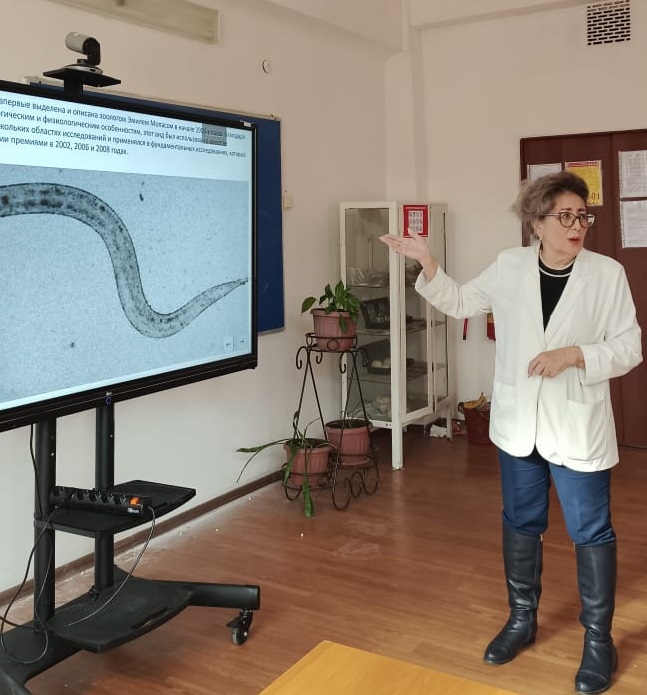
As part of the Mentorship Program for young faculty and students of the Department of Molecular Biology and Genetics, a scientific seminar was held to emphasize the importance of research internships and academic exchanges within the framework of SDG 5 (Gender Equality) and SDG 4 (Quality Education).
Candidate of Biological Sciences, associate Professor Zarema Maratovna Biyasheva talked about her experiences with scientific internships, focusing on the techniques she mastered and later incorporated into the academic curriculum. She discussed the model organism C. elegans, which she studied extensively at the N.I. Vavilov Institute of General Genetics, Russian Academy of Sciences (Moscow, Russia). Research on C. elegans allows for the study of embryonic and postembryonic development, nervous system functions, cell death, RNA interference, neurodegenerative diseases, behavior, circadian rhythms, sleep, as well as essential genes and molecular cascades regulating embryonic development and apoptosis (programmed cell death).
PhD, Senior Lecturer Maria Aleksandrovna Suvorova spoke about internship opportunities for students and faculty at the All-Russian Research Institute of Agricultural Biotechnology (Moscow, Russia). This institute conducts fundamental and applied research to develop novel biotechnologies to create promising forms of agricultural plants and animals with improved characteristics. The Institute houses more than ten laboratories, including the Genome Analysis Laboratory, Plant Genetic Engineering Laboratory, Plant DNA Marker Laboratory, Genetic Technologies Laboratory, Molecular Support for Cereal and Legume Breeding, and the Marker-Assisted and Genomic Plant Selection Laboratory.
Department of Molecular Biology and Genetics
